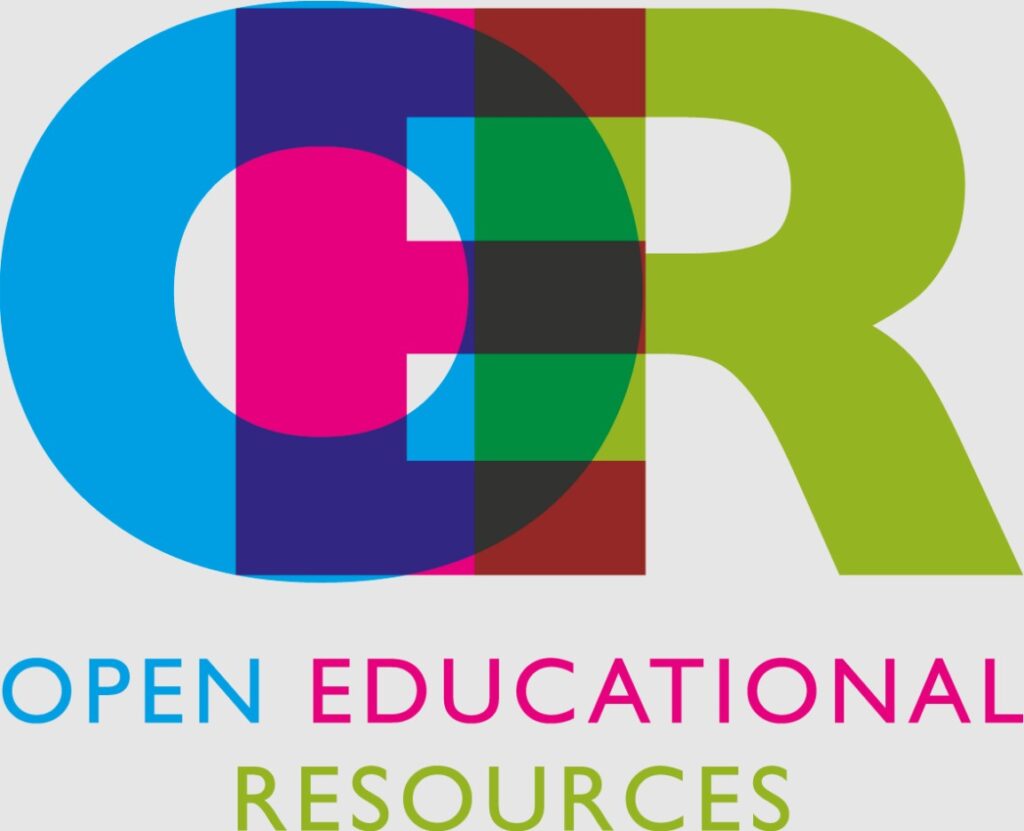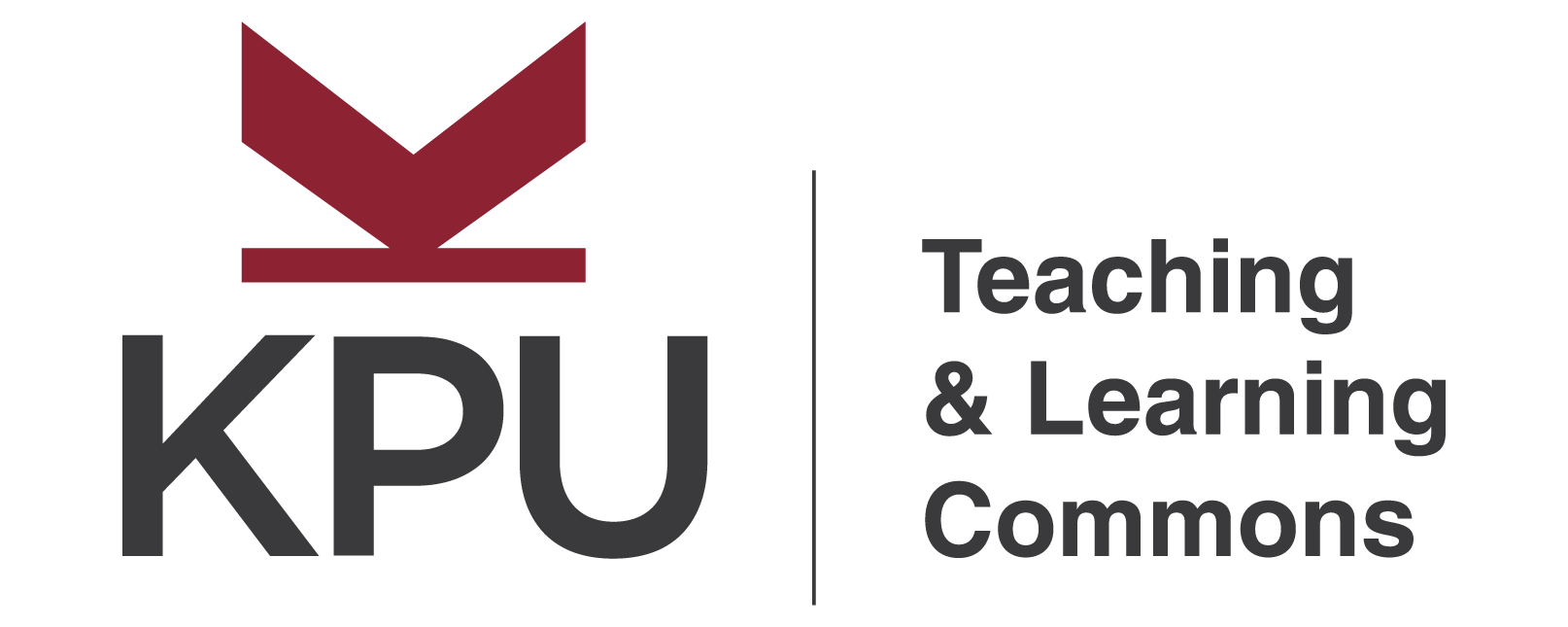WordPress Philosophy
The incredible success of WordPress is directly connected to its active foundation of mutuality and openness. This is best illustrated in its Four Freedoms that were outlined by Richard Stallman in the Gnu Manifesto:
- The freedom to run the program for any purpose.
- The freedom to study how the program works and change it to make it do what you wish.
- The freedom to re-distribute.
- The freedom to distribute copies of your modified versions to others.
Cromwell, M. (2020, April 16). The WordPress philosophy: The four freedoms. The Media Temple Blog. https://mediatemple.net/blog/web-development-tech/wordpress-philosophy-four-freedoms/
The power of WordPress is mutuality and openness.
Community-built from the beginning
“WordPress started in 2003 with a single bit of code to enhance the typography of everyday writing and with fewer users than you can count on your fingers and toes. Since then it has grown to be the largest self-hosted blogging tool in the world, used on millions of sites and seen by tens of millions of people every day.
Everything you see here, from the documentation to the code itself, was created by and for the community. WordPress is an Open Source project, which means there are hundreds of people all over the world working on it. (More than most commercial platforms.) It also means you are free to use it for anything from your cat’s home page to a Fortune 500 web site without paying anyone a license fee and a number of other important freedoms.”
General Public Licensing at the core
“The WordPress Bill of Rights opens by acknowledging that WordPress is licensed under the General Public License, or GPL. The GPL is one expression of the four freedoms.
By adopting the GPL and putting the four freedoms in their philosophy, WordPress is saying that the platform is designed to be a teaching tool, to be distributed, extended, forked, tweaked, redistributed, shared and more. It’s a tool, not a mansion that an individual owns. Anyone should be able to pick it up and use it, adapt it, or change it to fit their own purposes.”
Fears of Open Source unfounded
“One reason why Stallman wrote the Gnu Manifesto was because he saw the writing on the walls. He knew the work being done during his time at MIT (1970’s) was highly valuable and potentially world-changing. He didn’t want to see all that potential and value locked behind corporate walls where only the few and the wealthy would benefit from it.
Outside of WordPress and other open source platforms, there are lucrative and highly proprietary products that are designed to not run. They are designed to only run under certain circumstances for certain people who have paid certain amounts.
The success of WordPress as a platform is a direct extension of this freedom. The fact that you can have a website up and running with little to no code experience required, then download and run any number of tens of thousands of themes and plugins means that publishing on the web is truly being democratized, made accessible and equitable for anyone with an idea.
Freedom is the foundation
“This is the essence of what freedom means. The ability to learn from someone else’s experience and product, modify it for your own purposes, and re-distribute it. This is perhaps one of the most significant reasons why WordPress and open source technology has gained so much momentum and market share throughout the industry.”
“These freedoms are protections for you and your website. These freedoms empower you to run what you need, learn what you need, share with other stakeholders in your business, and even modify and adapt your code to fit your needs at will.”
WordPress. (n.d.). Codex. Main Page « WordPress Codex. https://codex.wordpress.org
Cromwell, M. (2020, April 16). The WordPress philosophy: The four freedoms. The Media Temple Blog. https://mediatemple.net/blog/web-development-tech/wordpress-philosophy-four-freedoms
Open Educational Practices & WordPress

WordPress, an open-source platform for publishing materials on the web, can enable students to exercise creativity, agency, hone important digital competencies, and contribute to the public knowledge commons.
As open education practitioners, our goal is to move past the idea of students as passive recipients of information1. Instead, we aim to provide students with tools and practices to empower their active participation in the creation of knowledge. Imagine the possibilities if students could thoughtfully preserve, build on, and share their assignments instead of endlessly producing what David Wiley dubs the “disposable assignment” where work is forgotten (and even tossed) at the end of a course2. Moving away from the traditional, disposable assignment can include the use of WordPress!
In The Web We Need to Give Students, Audrey Watters advocates for a position that would allow students to have their own slice of the internet—a Domain of One’s Own— where students “have much more say over what they present to the world, in terms of their public profiles, professional portfolios, and digital identities”3.
Consider designing assessments around e-Portfolios, “a purposeful collection of sample student work, demonstrations, and artefacts that showcase student’s learning progression, achievement, and evidence of what students can do”4.
By engaging in creation of one’s own domain on the web, students are not only able to showcase and publicly share their intellectual and professional contributions, but they’re able to make important decisions around the architecture and privacy of their domain.




